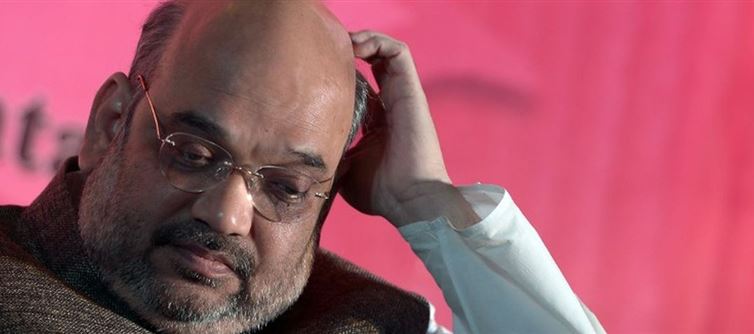
In contrast, public outrage over ethanol blending in petrol has not moved the government to provide relief. Despite continuous criticism from vehicle owners who report reduced mileage and higher fuel expenses, there has been no policy shift—neither through a reduction in petrol prices nor by offering the option of 100% petrol at fuel stations. The reason is partly structural: unlike private companies, governments are not immediately dependent on customer retention. Their political calculus often prioritizes long-term voter bases over short-term public discontent, especially when other welfare schemes help offset dissatisfaction.
This stark difference highlights the divide between consumer-oriented businesses and political governance. Private companies act swiftly to preserve their market reputation, while governments often rely on welfare programs and freebies to secure voter loyalty, even if unpopular policies persist in parallel. As a result, households continue to feel the pinch of higher fuel costs without meaningful alternatives, underscoring how political confidence in electoral victories can blunt the urgency to respond to public outcry.




 click and follow Indiaherald WhatsApp channel
click and follow Indiaherald WhatsApp channel